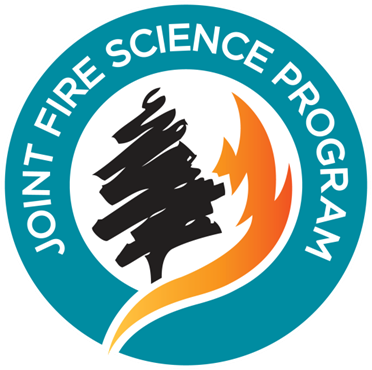Themes and patterns in print media coverage of wildfires in the USA, Canada and Australia: 1986–2016
| Title | Themes and patterns in print media coverage of wildfires in the USA, Canada and Australia: 1986–2016 |
| Publication Type | Journal Article |
| Year of Publication | 2022 |
| Authors | Sachdeva, S, McCaffrey, S |
| Journal | International Journal of Wildland Fire |
| Volume | 31 |
| Issue | 12 |
| Date Published | 10/2022 |
| Keywords | computational text analysis, cross-national analysis, environmental communication, management and climate change, news media, prescribed fire, technical reports and journal articles |
| Abstract | Background: Media wildfire coverage can shape public knowledge on fire-related issues, and potentially influence management decisions, so understanding the content of its coverage is important. Previous research examining media wildfire coverage has primarily focused on either a single fire or issue, and provides little insight about the range of wildfire-related topics discussed in the media. Aims: We aimed to assess wildfire topics covered in print media between 1986 and 2016 across the USA, Canada and Australia. Methods: Machine learning-based automated content analyses were conducted to identify primary topics within news articles and to map relationships between topics. Key results: News articles related to wildfire were clustered into four topic areas: Fire Response, Management, Environmental Conditions and Property Preparedness. Notable between-country differences emerge: the US media coverage focuses most on firefighting; Canadian coverage, climate change; and Australian coverage, preparedness. Conclusions: Our results reveal that: (1) wildfire media coverage has increased over the past 30 years; (2) coverage is more varied than the common perspective, i.e. media continues to portray fires in a negative light; and (3) topic coverage varies significantly between countries. Implications: These findings can help identify gaps in media coverage, and provide insights into critical topics, or relationships between topics, that may need additional emphasis in conversations about how to better learn to live with fire. |
| DOI | 10.1071/WF22174 |




